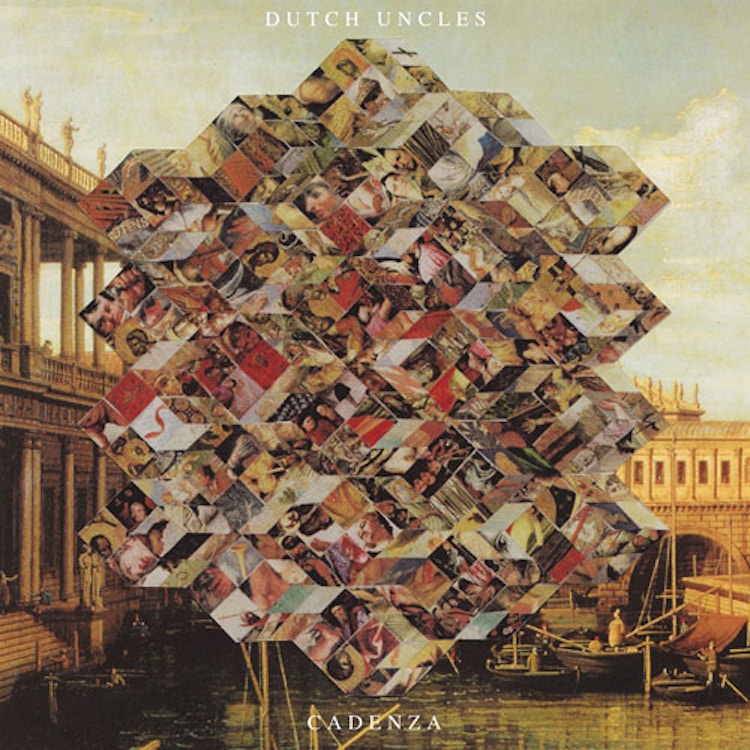"Cadenza"

Reading much of the literature knocking around on the internet about Dutch Uncles could leave you under the impression that they spend their evenings intellectually sparring with Rowan Williams instead of playing gigs, such is the meal made about their eccentricity as an “intellectual” band, whatever that is supposed to mean. However. They are just a band. Albeit a band who, (if all we read is correct, which, as intellectuals, they would probably tell us is not true) write their songs in standard notation, constructed a World Cup song in which the mention of a player’s name was matched to their own time signatures which corresponded to their shirt number (sound complicated? It is, they’re bloody insane), and suggest that their music is like “ripping off classical music in a math context”. With such a high-brow back drop it would be easy to ignore the simple truth that remains when their complicated musical equations have been cancelled down; underneath all that they do is a wonderfully simple pop song.
Nowhere does this musical philosophy seem more vindicated than on ‘X-O’, a late addition to the record which, perhaps as a result of its timing, seems to embody some of the finest qualities of Cadenza; galloping drums, obtuse left-field lyricism, and stadium-sized pop hooks barely concealed beneath Foals-precise guitars. The only characteristic missing is the eccentric piano-ing of frontman Duncan Wallis, which is exemplified perfectly on album opener and highlight ‘Cadenza’, but the truth is that it would be unfair to sit here and bash out the names of my favourite songs from this record; what is most admirable here is the album as a whole; a perfect balance of accessibility and the avant-garde.
In the interests of being objective, though, and actually being critical about Cadenza, I’d have to admit that there is some flaw in their genius. The problem isn’t the genius itself, as they carry that off without coming across as completely arrogant, its more that this ‘intelligence’ is so clear in their composition that it’s slightly frustrating that, emotionally, Cadenza just doesn’t connect as deeply.
Dutch Uncles appear to have turned to whoever it is who dictates standard chord progressions and song structures (Gary Barlow? Is there a position for this in the Cabinet?) and miraculously combusted them with the look of disgust that only a musical genius could muster. Conversely, there’s a lingering frustration that, with these prodigious talents, Cadenza could have been something really, really special. But if anything, that can only be a compliment, because for all of Cadenza’s successes, it seems like a statement that proves that Dutch Uncles could, potentially, be a very influential band. For now, though, Cadenza is proving to be easy to admire, tough to love, but completely, completely compelling.
Get the Best Fit take on the week in music direct to your inbox every Friday

Lonnie Holley
Tonky

The Horrors
Night Life






